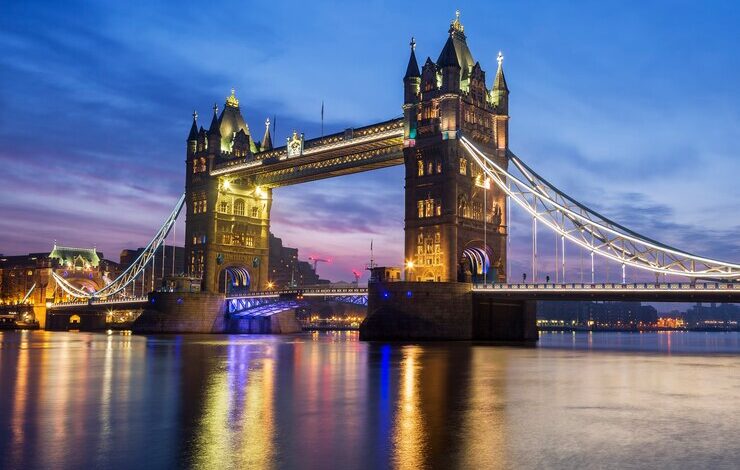United Kingdom

Why Study in the UK?
The United Kingdom (UK) has long been a top destination for international students, offering a blend of academic excellence, rich cultural experiences, and promising career prospects. Here’s a comprehensive guide to help you understand what studying in the UK entails and how to make the most of this opportunity.
1. Academic Excellence and Top-Ranked Universities
The UK is home to some of the world’s most prestigious universities. According to the QS World University Rankings 2024, institutions like the University of Oxford, the University of Cambridge, Imperial College London, and University College London consistently rank among the global top 10.
UK universities are known for their research-oriented teaching, industry collaborations, and state-of-the-art facilities, providing students with a world-class education.
Popular Programs:
- STEM (Science, Technology, Engineering, and Mathematics)
- Business and Management
- Arts and Humanities
- Health and Life Sciences
2. Program Duration
One of the unique aspects of studying in the UK is the shorter program durations compared to other countries:
- Undergraduate Degrees: Typically 3 years (4 years in Scotland)
- Master’s Degrees: Usually 1 year
- PhD Programs: Around 3-4 years
The shorter duration reduces overall costs and allows students to enter the workforce sooner.
3. Visa Policies and Application Process
Student Visa (Tier 4)
To study in the UK, international students need a Student Visa. Here’s an overview of the process:
- Offer Letter: Secure an offer from a UK university.
- Confirmation of Acceptance for Studies (CAS): Provided by your university after meeting admission requirements.
- Application: Submit your visa application online, along with the required documents.
- Documents Needed:
- Passport
- CAS
- Proof of financial resources (living costs + tuition fees)
- English language proficiency (IELTS or equivalent)
- Academic transcripts
Fees: Approx. £378 for the visa application.
Post-Study Work Opportunities
The Graduate Route Visa allows students to stay in the UK for up to 2 years (3 years for PhD graduates) after completing their degree. This provides ample time to gain work experience and explore job opportunities.
4. Living Costs
Living costs in the UK vary depending on the city and lifestyle. On average:
- London: £1,300 – £1,800 per month
- Other Cities: £900 – £1,200 per month
Breakdown:
- Accommodation: £500 – £1,000/month
- Food: £200 – £300/month
- Transport: £50 – £120/month
- Miscellaneous: £100 – £200/month
Students can work part-time (up to 20 hours/week) during their studies to offset some of these costs.
5. Scholarships and Financial Aid
The UK offers various scholarships to international students:
- Chevening Scholarships: Fully funded scholarships for future leaders.
- Commonwealth Scholarships: For students from Commonwealth countries.
- University-Specific Scholarships: Many universities offer merit-based scholarships.
6. Post-Study Career Prospects
The UK’s robust economy and global connections make it a hub for international talent. Key industries include:
- Technology and Innovation
- Finance and Banking
- Healthcare
- Creative Arts
The Graduate Route Visa enhances employability, giving students an edge in securing jobs in the UK or globally.
7. Cultural and Social Experience
Studying in the UK isn’t just about academics; it’s a holistic experience. With historic landmarks, vibrant cities, and a multicultural environment, international students can immerse themselves in British culture while interacting with peers from around the world.
Steps to Begin Your Journey
- Research universities and programs.
- Prepare and submit applications.
- Take language proficiency tests (if required).
- Arrange funding and apply for scholarships.
- Apply for a Student Visa.
- Plan your travel and accommodation.
The UK’s education system is a gateway to global opportunities. With its rich history, academic excellence, and promising career paths, it’s a destination that can transform your future.





